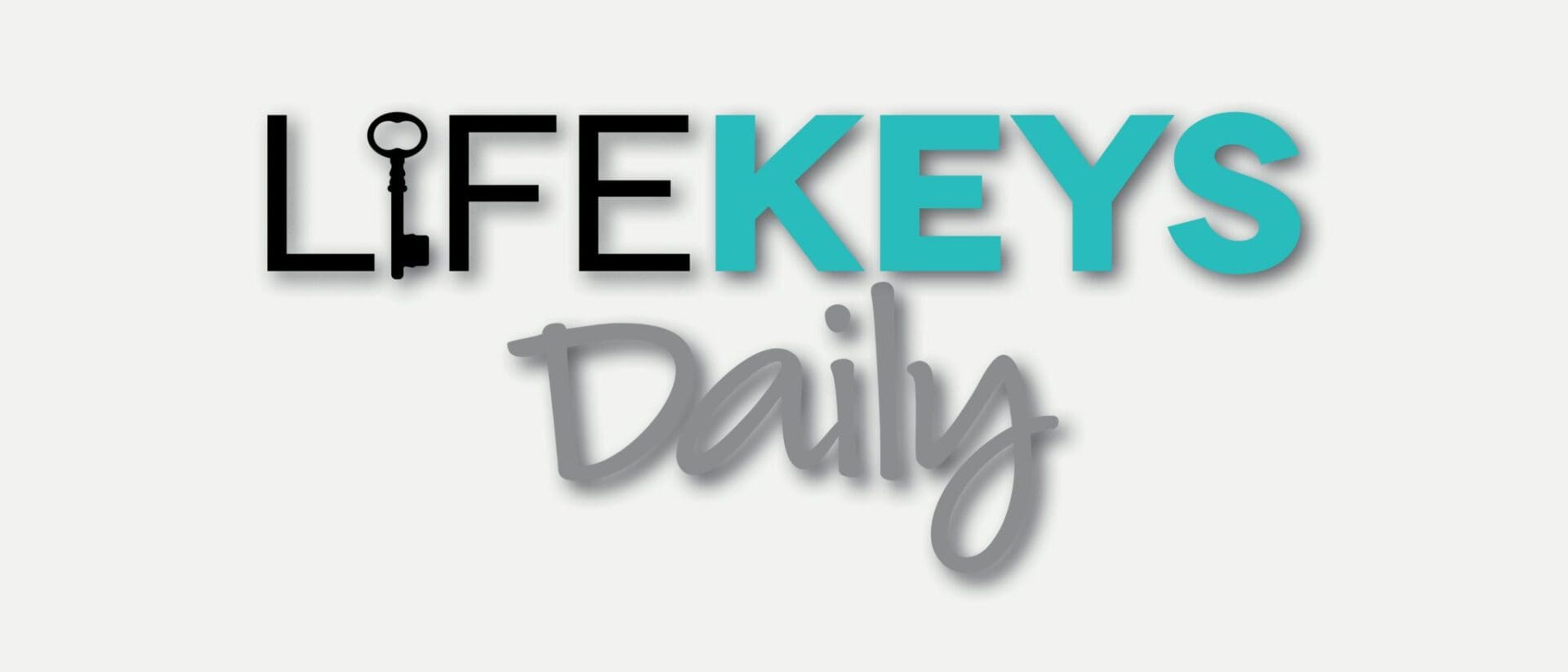But not everyone possesses this knowledge. 1 Corinthians 8:7 (NIV)
John and Mary’s story could continue in several ways. Here’s the first ending; it will help you understand Paul’s teaching:
“Mary, why are you ordering a salad? I’m buying. Have a steak.”
“I don’t feel right about that,” says Mary.
“Why not, Mary? Christ set us free from all that. You’ve got to break free from this.” He waves to the waiter, “Make that two steaks—done rare.”
Mary eats the steak, and she overrules her conscience. That night her conscience is troubled. Why? “As one who is in the Lord Jesus, I am fully convinced that no food is unclean in itself. But if anyone regards something as unclean, then for him it is unclean” (Rom. 14:14).
Mary must live by her conscience. If she feels it is wrong to eat the steak, then she should not eat the steak. Not that there is anything wrong with eating steak in itself, but there is something wrong with Mary overruling her conscience. Overruling her conscience will diminish its power, and that will be harmful to her—even if her conscience is working with the wrong knowledge.
That’s why Paul says, “Some people are still so accustomed to idols that when they eat such food they think of it as having been sacrificed to a god and since their conscience is weak, it is defiled” (1 Cor. 8:7). It is defiled, not because there is something wrong with the food, but because the person has gone against his or her own conscience, and this is always wrong.
Do you see why it is always wrong to go against your own conscience, even if it is acting on the basis of faulty knowledge?

